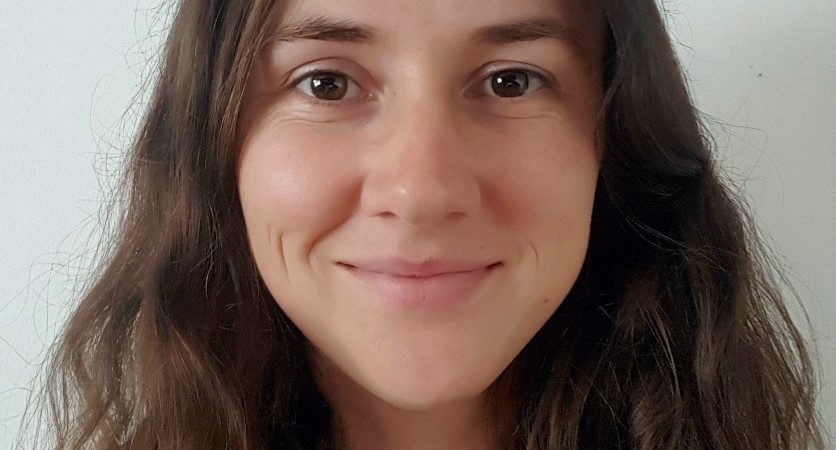UoE graduate Heather Patterson outlines the stand-out aspects of her role.
I graduated with a Master’s in Chemical Engineering in 2016 and took a year off to go travelling, whilst applying for jobs without much of an idea of what I really wanted to do. The nucleargraduates programme offered the flexibility and variety which suited me. Nucleargraduates was established by the Nuclear Decommissioning Authority (NDA), a public body set up to ensure the safe, accelerated and affordable clean up of the UK’s civil nuclear legacy.
The nucleargrads programme consists of several secondments in different companies across the nuclear industry. You start at your ‘sponsor’ company (mine is the NDA) for the first 8 – 9 months and then move on to other companies for the remainder of the two year programme. I spent time at Magnox (a company owned by the NDA which is responsible for decommissioning old Magnox nuclear reactors), Frazer-Nash Consultancy (where I was able to do some work with a non-nuclear focus), and finished up my time at EDF working on the new nuclear power plant being built at Hinkley Point C.
The nature of my secondments has varied. At the NDA I worked on mostly strategy development with no technical work; at Magnox I got the opportunity to work on process engineering & environmental work important at nuclear sites; at Frazer-Nash the work was purely technical and varied (I learnt how to use so many new bits of software); and at EDF the work was more chemistry focused, with an engineering element. I’ve therefore used various parts of my degree at work, and I’ve really been given the opportunity to learn on the job.
As a Nucleargrad you manage your own Continuing Professional Development (CPD) budgets, outside of the core training (Commercial Awareness, IProject Management, Leadership skills training etc) that all grads have to do. For example, I’ve gone to Berlin for a conference, become a Mental Health First Aider, and taken online IChemE courses. On top of this there are two other significant parts of the graduate scheme. One is the ‘SME Challenge’, where we had to set up a small business and run it over the course of the scheme. My team made a children’s book, which turned out to be extremely worthwhile but stressful at times. The other significant part is the international trip. Our cohort went to Ukraine and visited Chernobyl, which was an amazing experience and reinforced the importance of safety in our industry.
To me, the best parts of the job are its flexibility and variety. The camaraderie between the grads is also a huge plus. At times, the workload can be high with all the extras that the programme has to offer, and occasionally the placements can be lacklustre – especially if your new line manager isn’t well prepared for you (but this could happen anywhere and is avoidable if you plan well ahead).
The nuclear industry is always looking out for new people, especially with the huge amount of decommissioning work being carried out at Sellafield, HPC being built and the prospect of other new plants at Sizewell and elsewhere. There are many different routes into the industry. My advice is to just be flexible, do your research (look into the Young Generation Network (YGN) for example), and apply to different nuclear companies directly, not just nucleargrads.
The grads in my cohort are hugely varied in terms of personality, work and life experiences. Nucleargraduates really values soft skills as well as the technical stuff. I think that if you have a variety of experiences that you can pull from (academic study, societies, work experience etc), you are a good communicator, aren’t afraid to ask questions and are genuinely interested in the industry, you have a great shot of getting a spot on the grad scheme.
Meet nucleargraduates at the Careers Fair on 8th October.
(Image c Heather Patterson)
(Image c Heather Patterson)

